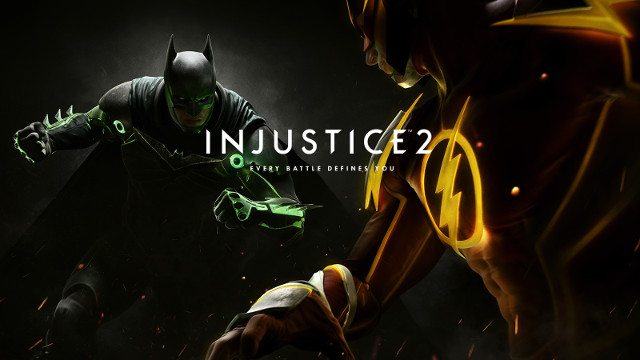Today Injustice 2 became the latest game to jump into the fray of microtransactions, announcing Source Crystals, which are a way to buy new cosmetic items and level your character faster. Despite insisting that this system won't be pay-to-win, NetherRealm has managed to perpetuate a myth harmful to gamers and to society: that those with more money have less time, and those with less money have more time.
In their FAQ on Source Crystals, NetherRealm stated that one of the benefits is that they will "save time," the implication being that if you can't afford to purchase these items, you can make up for it with all the free time you have because you aren't out making money. This is the same logic people used to justify the Pay-to-Win microtransactions in For Honor: "well, you can spend hours and hours in the game grinding for gear, and I can't, so I need the microtransactions to level the playing field."
Even games I enjoy are guilty of perpetuating this myth. Overwatch is a prime example, with game director Jeff Kaplan saying some people told him "okay, this is awesome, but sometimes I have more money than I have time, it would be really great if I could buy a loot box."
Here's the thing. I'm a poor kid from a poor family, and the statistics say that I likely won't have the economic mobility to shake that label in my lifetime. My mother worked three jobs to support me and my brother all by herself, and we still had trouble breaking even. So she didn't have a lot of money. How much time do you think she had? Philosophies such as the one employed by Injustice 2, For Honor, Overwatch and many, many other games intrinsically rely on the idea that if you can't afford microtransactions, it must be because you don't work enough hours, and therefore have a lot of time.
It's a harmful view to take on society, and it's an offensive look at many gamers, too, seeing them as basically cave trolls who can sit all day in a dark room grinding out in-game currency or levels, and that's just not the case beyond the extreme. Gamers are everywhere now and they come in all different salaries and social schedules.
And let's be honest, unless you're making upwards of six figures, you're probably working the same amount of time as anyone else. If you're a gamer making 40-50k working a white-collar job at some office, there's a good chance you're working 40 hours per week, just like the gamer making minimum wage at a fast food joint. So now we're presented with a scenario where two gamers have an equal amount of time, and one of them has more money and can use that money to enhance their experience.
Which brings me to back Injustice 2. It may not turn out to be pay-to-win, and that seems likely, although the true benefits of auto-leveling a character have yet to be fully realized, it overlooks the fact that developers shouldn't be operating on the idea that they're evening the playing field between people who have no money and people who do. They're not. You can have both time and money. You can have neither time nor money, and pretending that's not the case is harmful to gamers and to society as a whole.











